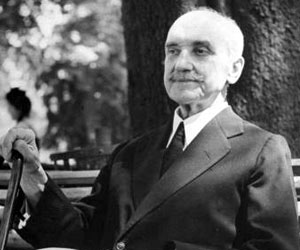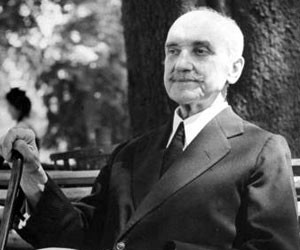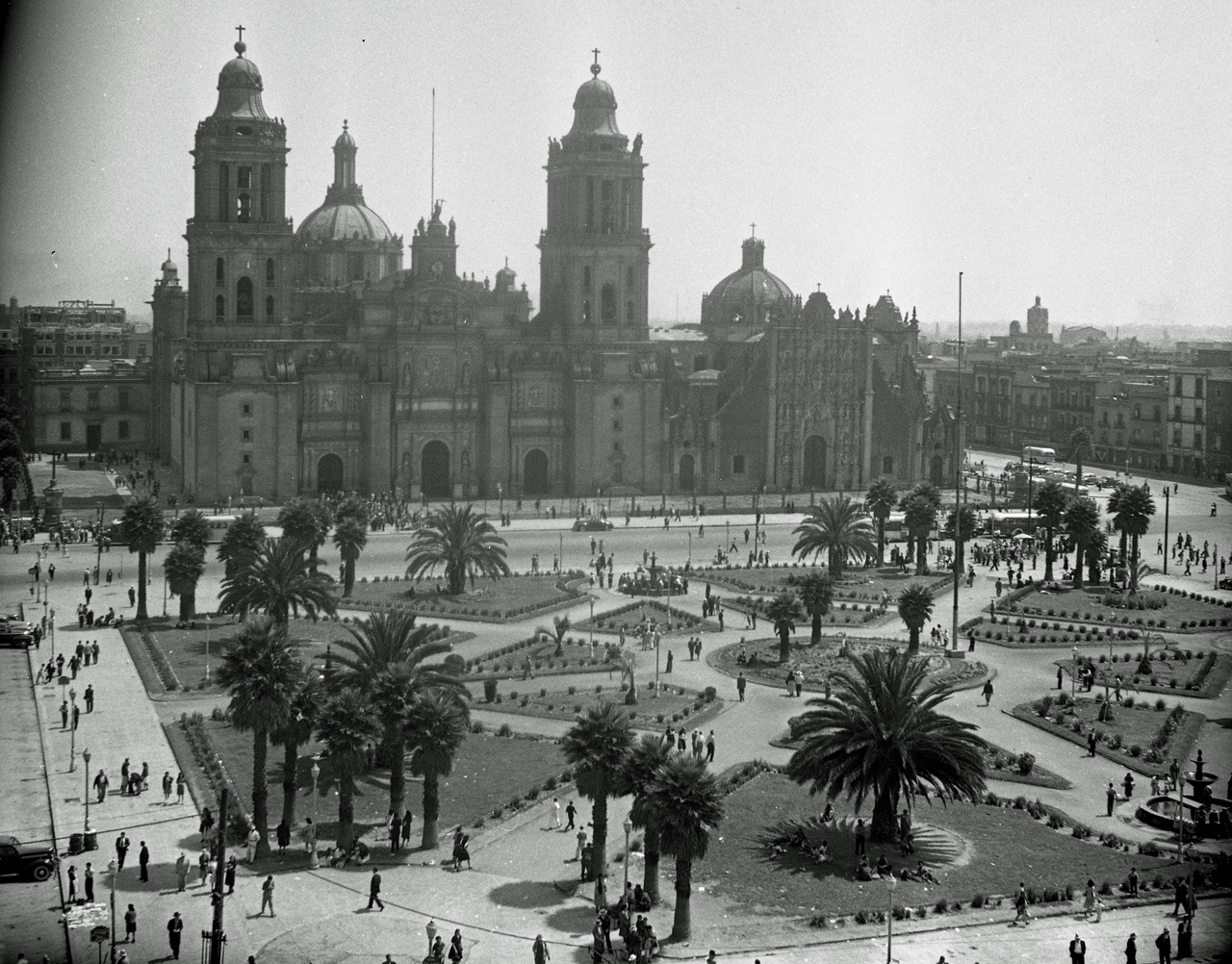 To Richard Colton Lyon
To Richard Colton Lyon
Via Santo Stefano Rotondo, 6
Rome. March 16, 1952
Don’t worry about what I may have said about scepticism or about agreeing or disagreeing with me. In any case the distinction you make is evidently reasonable, although scepticism as a method, especially if only a temporary method, as in Descartes, is not a system of philosophy or morals whereas openness of mind and distrust of one’s own opinion is a moral habit.
I think perhaps I ought to have been a historian rather than a philosopher talking about essences, for verbal logic doesn’t hold my attention or respect, and I must turn to something imaginable.
Wind, is not exhaustively representable in Spirit (which is an original music made by the Wind) but Spirit being secondary and an approximate index to the way the Wind is blowing in one place at a certain time, Spirit knows a lot about the ways of the Wind. Hebrews were wise and prudent in speaking about the “ways” of the Lord, rather than of his nature.
From The Letters of George Santayana: Book Eight, 1948-1952. Cambridge, MA: The MIT Press, 2008.
Location of manuscript: The Houghton Library, Harvard University, Cambridge MA.









